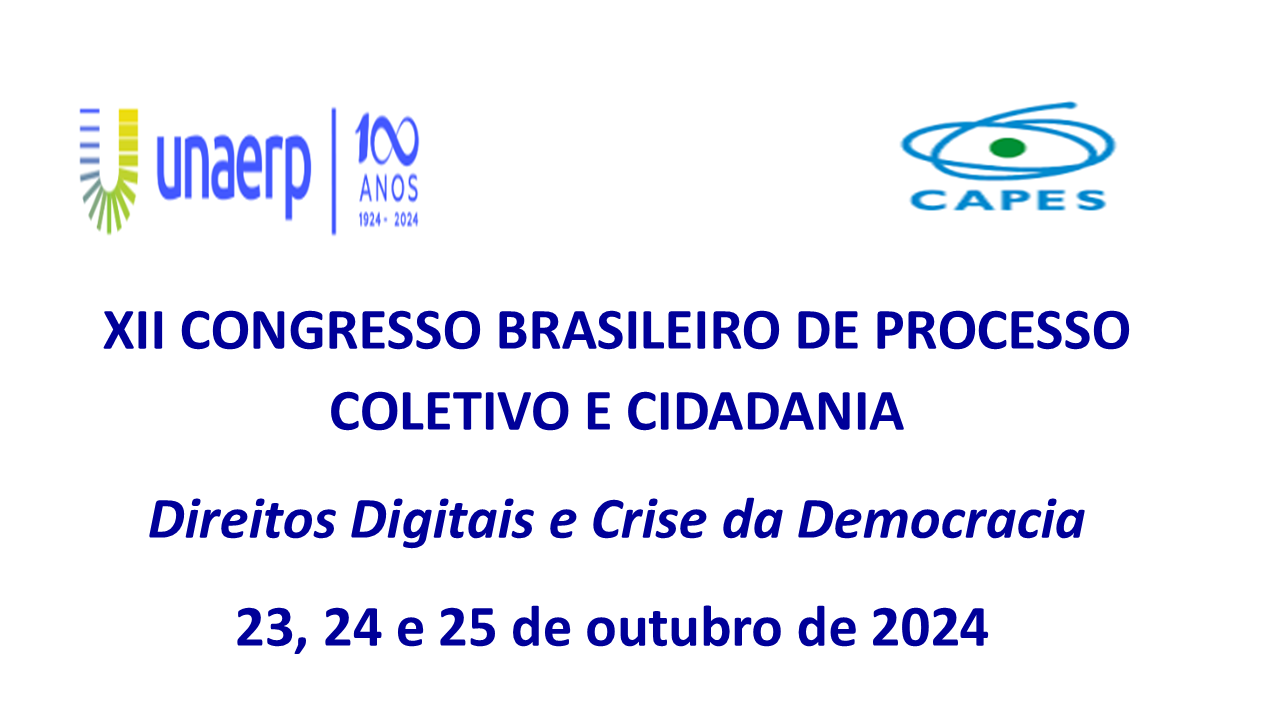THE FEDERAL SUPREME COURT AND THE CONSTITUTIONALITY OF THE POWER OF REQUEST ATTRIBUTED TO THE PUBLIC DEFENSE OFFICE: AN ANALYSIS OF THE INSTITUTE'S COMPABIBILITY WITH THE REPUBLICAN PRINCIPLE
Abstract
This work deals with the understanding adopted by the Federal Supreme Court in the judgment of Direct Action of Unconstitutionality (ADI) 6852, in relation to the power to request documents and diligence from public or private bodies, in the exercise of their institutional duties. From this perspective, we seek to analyze the legal compatibility of the aforementioned institute with the republican principle, as the foundation of our Democratic State of Law. In the end, it is concluded that the power to request documents and procedures attributed to the Public Defender's Offices of the Union, the States and the Territory is compatible with the republican principle, given the new guise conferred by EC 80/14, which sought to expressly distinguish the functions of public defenders and private lawyers from other functions essential to Justice. In turn, the power to request documents and procedures does not offend the principle of equality as it is not a privilege of the class or category, but rather a prerogative conferred by the legal system to ensure guaranteed access to justice, in this case specifically to the poor, as an instrument of citizenship for the poorest and excluded from the exercise of fundamental rights provided for in the Federal Constitution.
Downloads
Published
How to Cite
Issue
Section
License
Copyright (c) 2024 Anais do Congresso Brasileiro de Processo Coletivo e Cidadania

This work is licensed under a Creative Commons Attribution-NonCommercial-NoDerivatives 4.0 International License.
